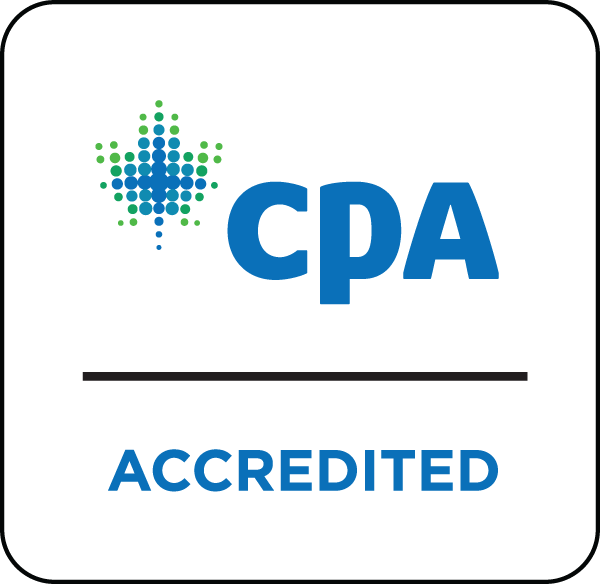MAcc Program Overview

The program includes a mix of technical accounting courses, soft skill development, and the integration of knowledge in strategy courses. The MAcc program will prepare you for a career in professional accounting where you must have technical accounting expertise and the ability to apply this knowledge in complex accounting and organizational programs. At the end of the MAcc program, you'll be ready to tackle the Common Final Exam.
What to Expect
While the technical material will be delivered primarily in a lecture format, the majority of the learning will be through the application of knowledge and in-class discussion. Team-based learning will be encouraged in most courses. Classes are kept small, with ~30 students admitted each year, allowing you to work closely and build strong relationships with your classmates. Case studies will be used extensively and guest speakers will be brought in to enhance the learning experience.
The MAcc covers all the material of the Professional Education Program as well as supporting courses in Strategy, Negotiations, and Project Management. These courses help round out your overall knowledge base and are areas identified by employers as key skills. This gives you an advantage and helps you stand out amongst your peers. Since the MAcc program is completely accredited by CPA, students are eligible to write the Common Final Exam (CFE) immediately following the completion of the MAcc program.
MAcc Course Descriptions
This course examines financial statements from the perspective of both preparers and users of financial information. Firstly a firm understanding of accounting methods under each of IFRS and ASPE is developed as a basis for analysis. Ratio and trend analysis is then applied to the financial statements to establish functional relations between the accrual process and the economic position of an incorporated entity. Consequently, the course provides a framework for using accounting information to evaluate a firm.
The course starts with a review of financial accounting concepts, principles, processes, and financial statements. Then it introduces ratio and trend analysis to evaluate the current financial health of an entity. The course then turns to in-depth analysis of the accounting treatment of various income statement, balance sheet and off-balance sheet items to evaluate the appropriateness of such treatment and the effects of chosen accounting methods on the financial statements of the entity.
Finance in Professional Accounting is designed to build on a student's previous knowledge developed through their pre-requisite accounting and finance courses. The course will focus on expanding a student's current finance knowledge and developing their competence in applying this knowledge to problems and cases.
Professional accountants advise entities in the process of making finance-related decisions to support them in achieving key business objectives. FIN 625 will build the knowledge that a student requires to assess complex finance issues and advise businesses appropriately. The major course topics will include: treasury management, evaluating sources of financing, financial management, capital budgeting, corporate financial transactions, earnings distribution, derivatives, fixed income, and financial risk management.
